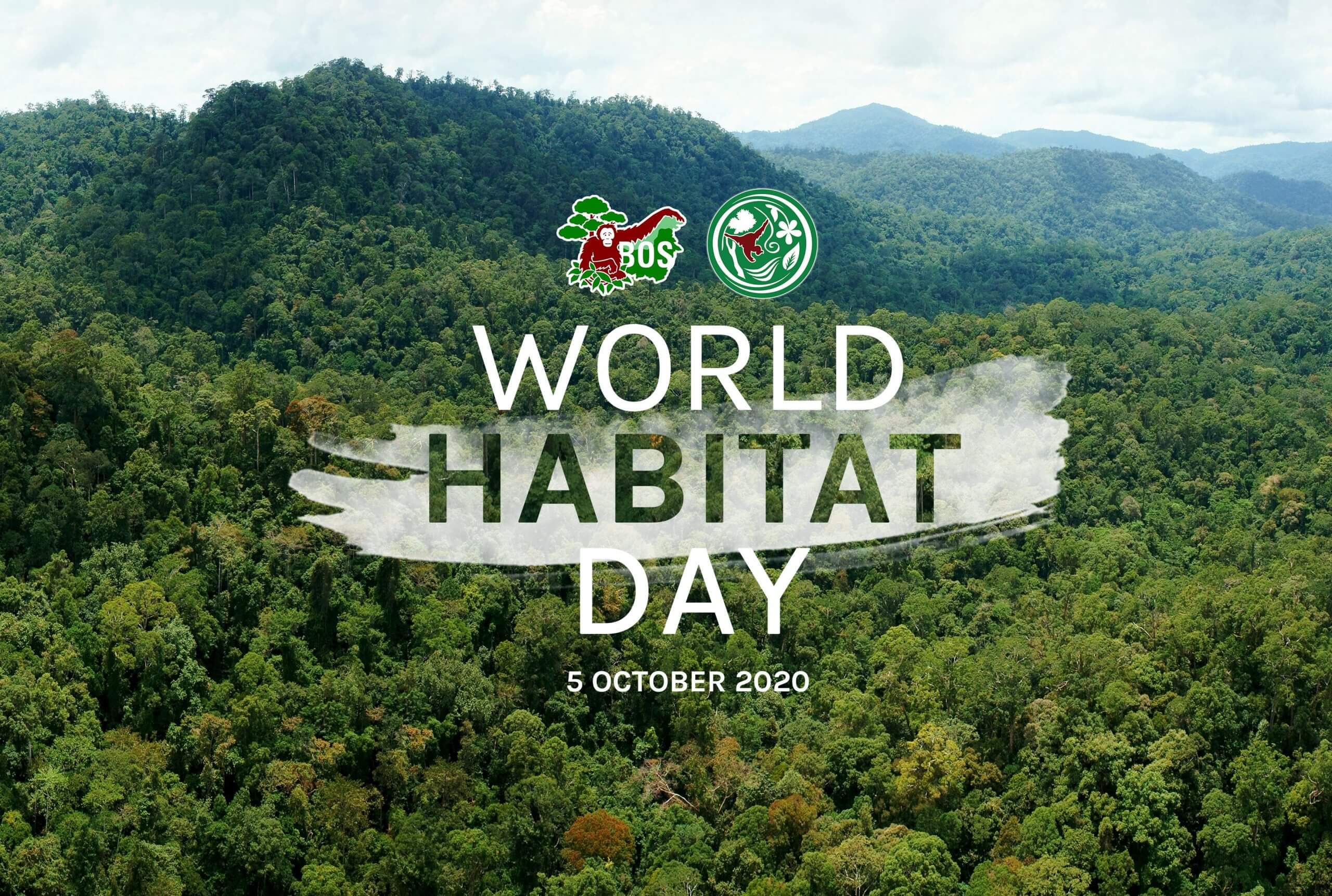World Habitat Day 2020

The first Monday of every October is designated as World Habitat Day, which this year falls on 5 October. This is a day for us to reflect on the state of the cities and towns in which we live, the extent to which we have gone to create homes, and what it has cost the natural world. The day should serve as a reminder of the power and responsibility we hold in shaping the future of all life on Earth.
We must look beyond human settlements, as Earth is a massively diverse ecosystem that supports all life. There are millions of different creatures living in countless habitats across the planet. As all life is interconnected, we need to understand and acknowledge that our urban ecosystems can impact on the quality of natural ecosystems, even distant ones.
How should we manage our lives and habitats, so the natural world is not adversely affected?
Well, there are several key components that we need to consider. First, waste disposal. Waste and household garbage from urban areas can overflow into and pollute surrounding habitats, disrupting those ecosystems. Carefully planned and environmentally friendly waste management systems are necessary to create healthier environments, for humans and wildlife alike.
The World Bank has recorded that about two trillion tonnes of household waste is disposed of annually, with an estimated 0.74 kg of waste generated by each person daily. In several of the more environmentally conscious cities, waste recycling systems are making some headway. However, household waste that is not – or cannot be – recycled is having a devastating impact on the environment.
The second key consideration is energy consumption. The energy sources we use daily require natural resources, with about 80 percent of the world’s current energy coming from fossil fuels, such as coal and gas. These are non-renewable resources and will soon run out. Reduced and more efficient use of electricity and vehicles, as well as the use of renewable energy sources, will greatly limit environmental damage.
The third key factor is the use of eco-friendly products, such as reusable metal straws and cloth shopping bags, which are slowly becoming the new norm. By using these kinds of products, we are helping to reduce waste, pollution, and the exploitation of natural resources, all of which helps to protect the quality of our habitats.
Together, let’s support the global effort to conserve our natural world by making environmentally conscious decisions and reducing consumption!
Happy World Habitat Day!
- Article by BOS FoundationCommunicationsTeam





